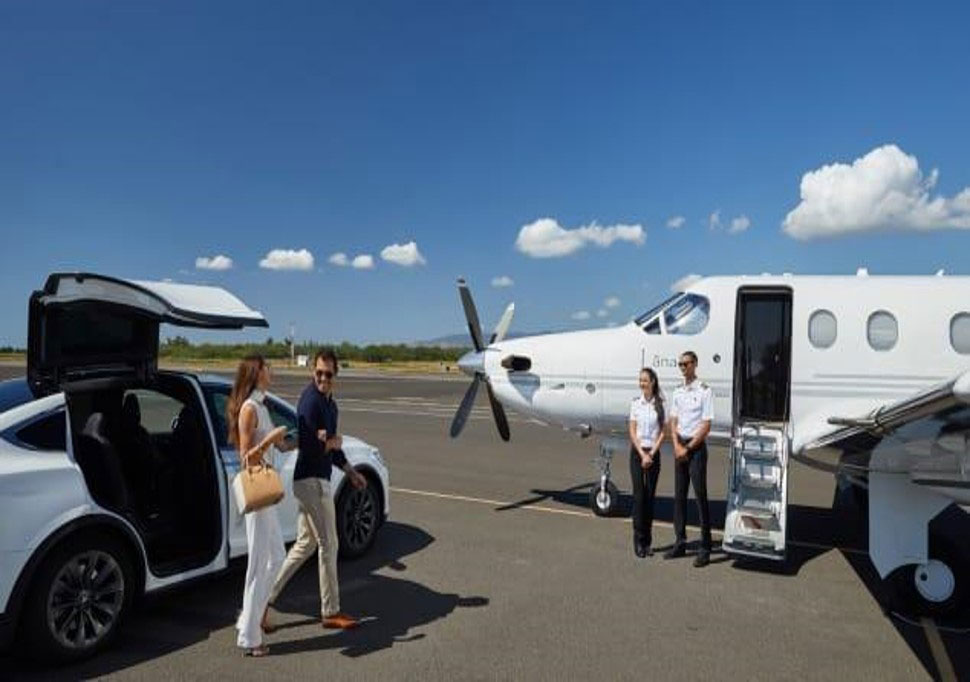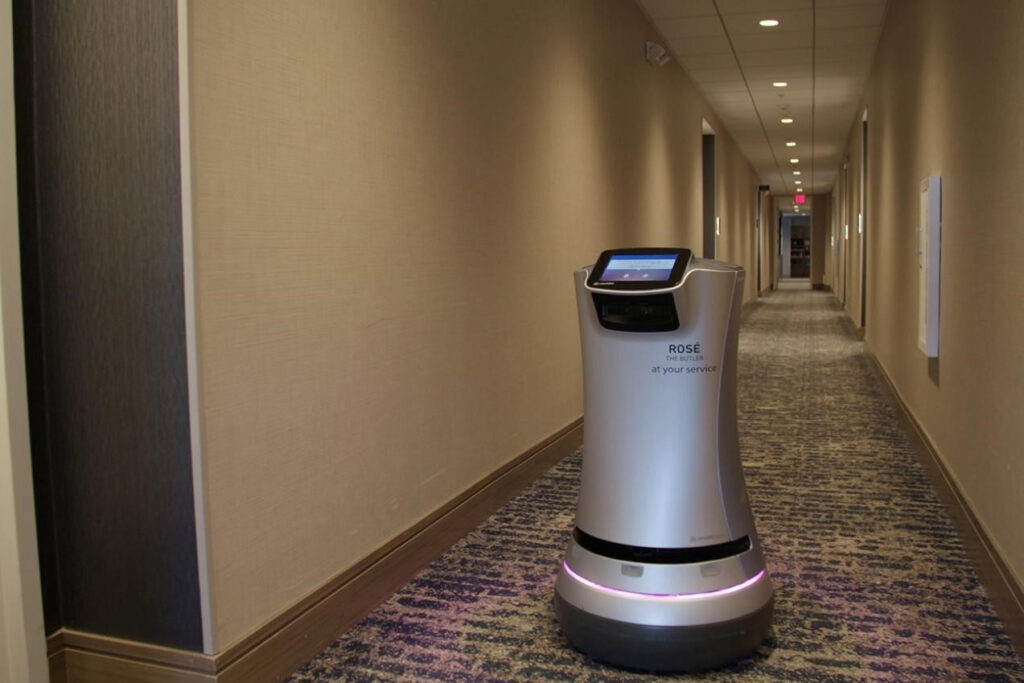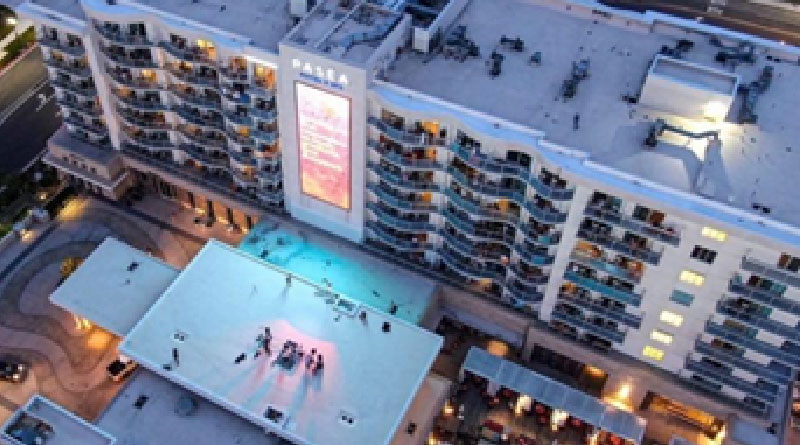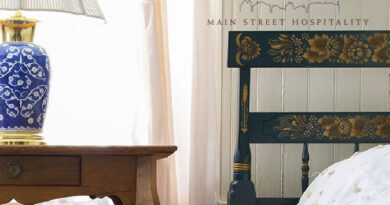Innovative Ideas for Keeping Guests Safe During the Pandemic
With the COVID-19 pandemic continuing to impact occupancy rates of resort across the U.S., resorts are doing what they can to signal to travelers that their properties are taking every precaution to keep them safe, but this messaging — even with the continued support of brands and industry associations — is often inconsistent with the narrative consumers are hearing from other sources. The confidence to travel again is predicated on the confidence in the information being consumed. Competing information sources have left business and leisure travelers unsure which precautions are impactful.
To that end, here are a few examples of innovative approaches being taken by resorts across that globe that I think you’ll find interesting and may even implement at your property.
Fly Them Private!
Even though commercial airlines are doing their best to promote their efforts to keep customers safe, travelers aren’t convinced. Fifty-eight percent of travelers have avoided air travel during the COVID-19 pandemic, according to a recent survey conducted by the International Air Transport Association (IATA). Additionally, 33 percent of those surveyed plan on continuing to avoid air travel to avoid contracting COVID-19. Obviously, this isn’t great news for the airline industry, but it’s also a significant challenge for the industry which traditionally receives many of those air passengers.

While some resorts are refocusing their efforts on guests traveling by other means of transportation, to increase occupancy others aren’t letting people’s fear of flying commercial amid a pandemic get in the way of filling beds with heads. Several luxury properties, such as the Four Seasons Resort Lanai in Hawaii, The Lake House on Canandaigua in New York, and the Waldorf Astoria Los Cabos Pedregal in Mexico, are now offering private flights to lure guests. Of course, not every resort can roll out the red carpet on the tarmac next to a private jet, but those that can are limiting guest exposure to COVID-19 while increasing resort occupancy and revenue.
Balcony Concerts
Everybody is looking for entertainment to pass the time. We’ve all been cooped up in our homes for the past several months and being able to take a trip, even if it’s relatively close by, is how many of us would like to take a breather. But in many locations, entertainment options are limited due to the pandemic. Instead of offering many of the same activity’s competitors are marketing to guests, leading resorts are getting creative and using their properties distinct features to their advantage.
For example, Paséa Hotel & Spa, located in the heart of Huntington Beach, Calif., this summer began hosting balcony concerts where guests can watch live concerts from their balconies on Friday and Saturday evenings. During a show, bands perform on a roof on the property, which is situated below the guestrooms. The concert fee is tacked on to the room fee, so guests don’t need to pay for additional tickets to enjoy the event. In effect, the guest rooms have been turned into luxury suites at an outdoor concert venue, except the ticket holders get to stay the night.
Robot Butlers and Voice Assistants
By minimizing guest interaction with employees, properties can keep both their guests and employees safer. Leading timeshare resorts are utilizing innovative technologies to keep their “social distance” from guests.

The pandemic has prompted a rapid expansion of voice assistant solutions atop Amazon’s Alexa, IBM Watson, Alibaba’s TMall Genie, and other major platforms in resorts across the globe. These custom solutions enable guests to engage with the resort amenities and services without having to put the guestroom phone up to their lips or stop by the front desk for a face to face with an associate. They also facilitate controls of the in-room television, lights, thermostats, and more without the guest ever needing to touch a switch or germ-infested remote control. 
Many resorts have coupled their voice assistant with a robot butler, to complete socially distanced deliveries. Leading hotels from the Westin Buffalo to the EMC2 in Chicago to the Aloft Hotel in Dublin, Calif., have successfully implemented complementary voice-assistant-plus-robot-butler guest experiences that together fulfill socially distant guest service.
The COVID-19 pandemic has challenged the management of leading resorts to rethink the way they use the technology available to them. Today, no longer a novelty, voice assistants are supporting guests with information critical to their stay, concierge recommendations, and service requests while robots are a full part of the team delivering wine, towels, groceries and more to guests who prefer contactless deliveries.
Promote Staycations
With many people putting off traveling for the remainder of 2020, marketing successfully to tourists from afar has proved to be challenging for many resorts. It’s because of this that many resorts have switched to making special offers to locals
Partnering with local tourism boards on aligned messaging and marketing efforts can amplify the reach of these offers and campaigns. In Niagara Falls, tourism leaders are marketing to individuals who may feel safer driving across New York State instead of flying in from elsewhere. The city had to change the size of its targeted audience significantly, going from marketing to global travelers to local or regional ones. Destination Niagara USA, the county’s tourism promotion agency, is using “Wide Open Spaces Now Open for Adventure” as the city’s advertising slogan to promote the openness of the destination to visitors. Onboard with and supportive of these efforts? You guessed it — local resorts.
Whatever strategy you employ, there is no question that this pandemic is challenging all resorts to think differently about their offerings to the market. The winners — and there will be winners — coming out of this pandemic will redefine hospitality for the next generation.
David Berger was the first to conceive of, develop, and deliver a viable hotel voice assistant. He is the Founder and CEO of Volara – the voice hub for the hospitality industry – which today enables hotel guests to get what they want, when they want it, just by speaking in their guest room



